Toileting
In their second year, as toddlers’ bodies develop, they show signs of being ready to be toilet trained. Toddlers learn to recognise more subtle sensations in their anal and urethral areas, and develop the ability to contract the muscles responsible for holding on to and letting go of poo and urine.
What’s normal?
In their second year, as toddlers’ bodies develop, they show signs of being ready to be toilet trained. Toddlers learn to recognise more subtle sensations in their anal and urethral areas and develop the ability to contract the muscles responsible for holding on to and letting go of poo and urine. Every child is different, and potty training can’t be rushed. Keep in the mind that by the age of three, 9 out of 10 children are dry most days, and by the age of four, most children are reliably dry.
Toddlers are generally learning more about their bodies – they may feel that their poo is a precious treasure because it is a part of their body, and so can be anxious about getting rid of it. But at the same time, they are also learning from those around them that a poo is something dirty and smelly, which they shouldn’t touch or play with. Understandably, this can be quite confusing!
Across cultures, there is huge variation in expectations of what is an appropriate age to toilet train. It may be helpful to wait until the child can understand what is expected of them, so they can be an equal partner in the process – this is unlikely to occur before 15 to 18 months but could be later.
Along with their increased ability to notice and control their bodily signals in the second year of life, children become very interested in ‘cause and effect’ games, and the question of maintaining certain standards. For instance, you might notice that they may start worrying if clothes are dirty and getting upset if toys break. This can be a good time to introduce toilet training, as the child will be interested in living up to toileting standards. Other signs of readiness include awareness of when they are going to wee or poo and becoming upset at being wet or dirty. It’s important to bear in mind that children can become distressed at not being able to live up to what is expected of them, so reassure and praise them at every turn.
Problems in toilet training may be caused by physiological irregularities, which undermine the child’s confidence in controlling their bowels. If children experience pain due to constipation, they may withhold to avoid the pain, making the constipation worse. On the other hand, diarrhoea can make it difficult for the toddler to hold back, and they may therefore stop trying. The child’s health visitor or GP should be able to help with these issues.
-
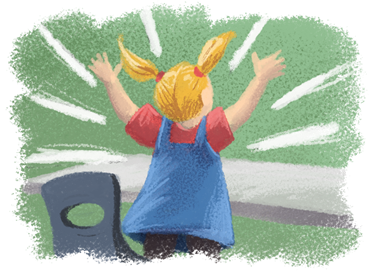
Aggression
A child needs an adult to help them to find ways to understand and express their difficult feelings. If a child feels anger very strongly, but hasn’t yet learnt what it is, it is likely ...
-
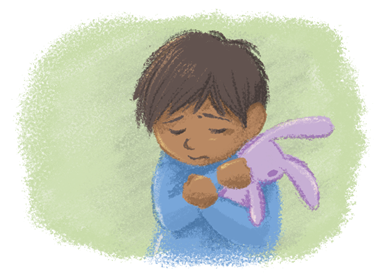
Anxiety
All babies and children from time to time will experience some fear or anxiety. They might do so when they come up against challenging tasks, unfamiliar people (known as stranger anxiety...
-
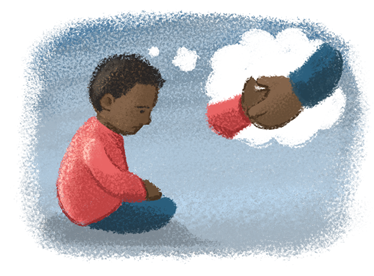
Bereavement
Because babies and young children are very aware of their environment and the emotions of those around them, it’s likely that they will notice if someone is no longer there - or if the a...
-
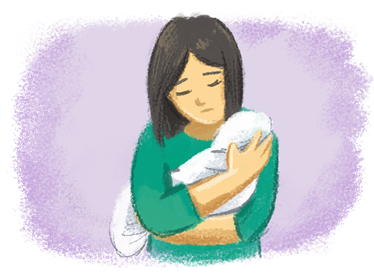
Crying
Babies and young children often cry as a way to communicate their needs and feelings. This is normal and healthy. Find out more on how to deal with crying.
-
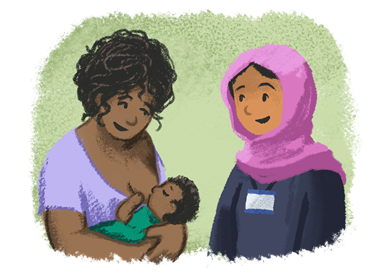
Infant feeding
All babies are different. Advice for childcare workers who support parents and carers with complicated emotions and issues around feeding.
-

Play
A child will use play to help them make sense of the world around them, and also to work through various emotions and experiences.
-
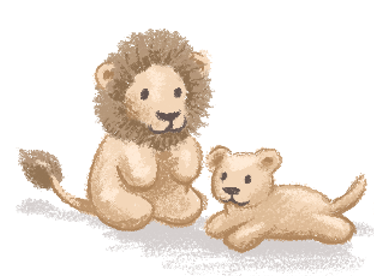
Relationship with the key person in a childcare setting
Advice on key workers or childminders on supporting babies, infants and young children with ensuring nursery and school remains an exciting and enriching experience.
-

Separation anxiety
From around 6 months, babies become anxious and get clingy and cry when their parent or carer leaves them. This is a normal part of development, which young children usually grow out of ...
-
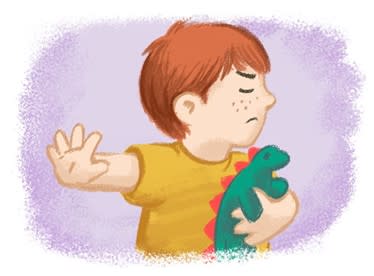
Sharing
Sharing is a really important ‘skill’ for children to acquire. It helps them connect with others and it is an important part of being able to form good social relationships based on coop...
-
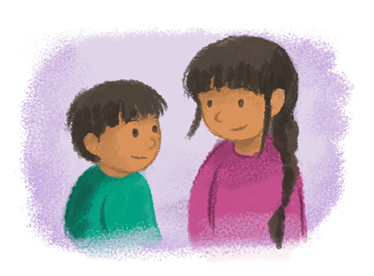
Sibling rivalry
Early years staff can play a crucial role in helping the older child have a sense of being their ‘own little person’ who is still loved and important. Find out more.
-
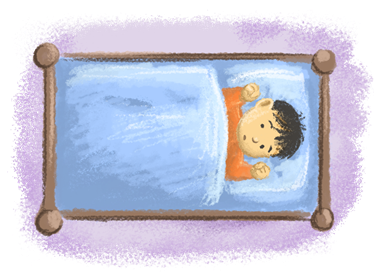
Sleep
As individuals, we all have our own sleep patterns and body rhythms, but when it comes to our ability to fall asleep easily and to stay asleep, our relationships can play a key role.
-

Tantrums
Tantrums happen when a child is feeling overwhelmed by an intense emotion that they aren’t able to process. Letting it all out by having a tantrum is the way they feel able to express ho...
-
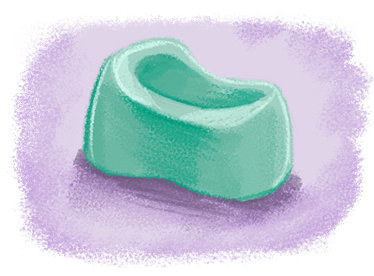
Toileting
In their second year, as toddlers’ bodies develop, they show signs of being ready to be toilet trained. Toddlers learn to recognise more subtle sensations in their anal and urethral area...
-
Trauma
Trauma is an emotional response to an event that is deeply frightening or distressing and can affect babies, infants and young children in ways they might not be able to communicate. Fin...
-
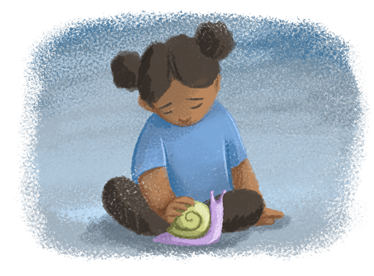
Withdrawn behaviour
Right from birth, babies have an inbuilt instinct to interact with their caregivers. But too much interaction or excitement can be uncomfortable for babies, and they need downtime as wel...
Other early years resources
We have a selection of resources for early years wellbeing including working with babies & young children on digital platforms.